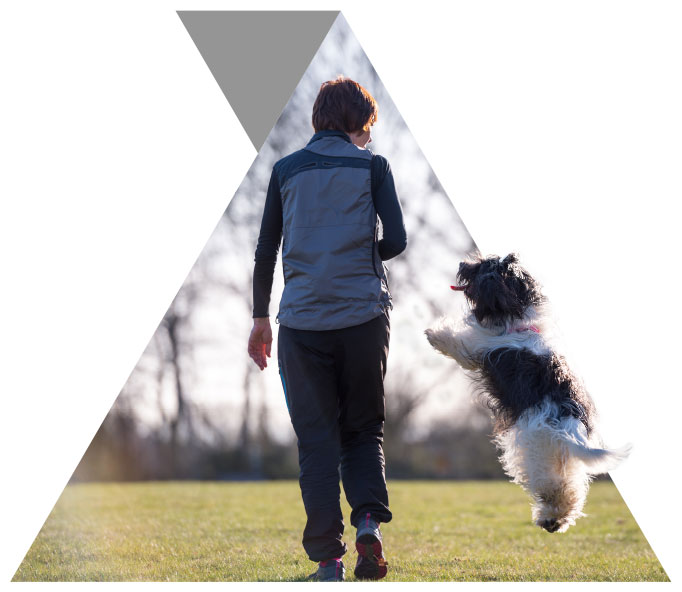Helping Canada’s Pets
How we help care for Canada’s Pets – Animal welfare is everyone’s business
As a trade association that supports Canadian pet businesses there can be a misconception that we do not have an interest in the wellbeing of animals and that the welfare of animals is found only in the humane, rescue and health care sectors. The truth is, that the welfare of animals is at our core and drives our efforts as an organization. We believe that animal welfare is everyone’s business from pet professionals to media, government and the public.
We are an organization which offers resources, guidance and best practice recommendations. It is important to note that we are not an enforcement agency. PIJAC Canada believes in empowering our industry, giving them the tools to succeed in what they do. First and foremost, this success means providing the highest level of care for pets in our communities through reputable products and services.
Here is what we do to help care for Canada’s pets:

Recommended Practices for pet businesses
Membership in PIJAC Canada is voluntary. For each new business that joins we provide them with our association’s recommended practices to use as a guide for conducting a reputable pet business. For our retail members we offer our free Best Management Practices program which provides guidance and support for pet stores in their day to day operations.
Pet Care Program for pet professionals
A qualified pet care giver is an educated one. Our Certified Companion Animal Specialist Program (CCASP) was developed by veterinarians and pet industry experts to effectively train people who work with pets on a regular basis in the field of proper animal husbandry. The CCASP covers six specialties; canine, feline, avian, small animal, fresh water fish and reptile. Topics covered include disease and illness recognition, prevention, treatment, record keeping and breed identification.
Specialized animal care workshops
These workshops are created to enhance the information in the Certified Companion Animal Specialist Program and can also work as a stand-alone learning module. Currently, our specialized workshops include:
- Canine behaviour
- Rabbit Nutrition
- Canine and Feline Food Allergies
- Reptile Lighting and Heating
Our goal is to create additional workshops and expand our educational offerings for pet professionals.
Collaborative initiatives with animal health and welfare agencies
We are a founding member of the National Companion Animal Coalition which includes the Canadian Federation of Humane Societies, Canadian Kennel Club and Canadian Veterinary Medical Association. This group has worked together to develop tools which promote socially responsible pet ownership. Examples of these tools can be found by visiting the Resource section of this website.
Public education
As a trade association our primary focus has always been to assist pet related businesses. As such we have developed tools for our members to use with their own clientele to help educate them about various issues such as a definition of a puppy mill, safe handling posters for pets, invasive species education, salmonella prevention, checklists to purchase/adopt a dog or cat.
Pet legislation
We recognize and support the need for municipalities, provinces and the federal government to enact animal control legislation, which addresses issues of nuisance control, threats to public health and public safety. Collaboration has always been one of our driving forces which is why we have contributed to hundreds of pieces of pet related legislation over the last 25 years. We offer assistance through consultation and by providing guidance papers to municipalities and provinces on various issues such as our exotic pet policy, stocking density guidelines for different species and sample municipal animal bylaw. Other government partners include the Canadian Food Inspection Agency, Environment Canada, Foregin Affairs, Agriculture and Agrifood Canada and Health Canada.
Striving to make things better
At PIJAC Canada we pride ourselves on taking a proactive approach. Not every business operates at the same level so if we are presented with a member of our association or industry company whose business practices come into questions we address the issue head on. Our first action is to contact the company, assess the situation and offer advice should changes be required. We believe that turning our back on a situation where animals or a business are in need of assistance does nothing to make things better. If it happens that a member of the association decides not to make necessary adjustments, a process is started to revoke membership. Again, our role is to offer guidance where possible and to do our part to ensure the highest standards of animal care possible.
